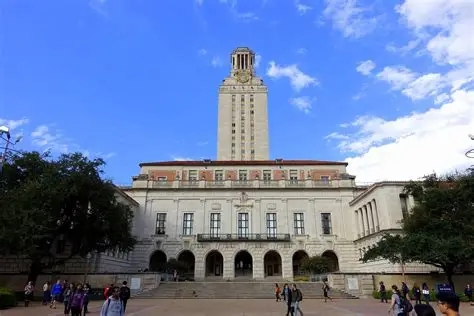Will be housed in the College of Education building
The University of Texas is looking to deploy a new data center at its College of Education building.
In a project published to the Texas Department of Licensing and Regulation, the data center will be housed in the education building at 500 W University Avenue in El Paso, Texas.
The data center will span 4,568 sq ft (424.4 sqm) and is estimated to cost around $3 million.
According to the posting, the project will be privately funded and involves "improvements to the existing education building first floor to accommodate a data center and its associated systems/equipment."
Details about the expected IT capacity of the data center have not been shared.
The University of Texas has several campuses spread across Texas, with various data centers on site. The El Paso campus has an existing data center on the 3rd floor between the Engineering and Classroom buildings, also at 500 W University Avenue, with a server room spanning 1,448 sq ft (134.5 sqm).
The Austin campus houses the Texas Advanced Computing Center, which is home to a 600 Nvidia H100-powered generative AI cluster and the Horizon supercomputer. It also has a 26,000 sq ft (2,415 sqm) Tier III data center with 1.44MW of power capacity, according to a DPR Construction project page.
The San Antonio campus, meanwhile, is home to a modular data center that was provided by DSI for the University's Health Science Center. The Arlington campus also offers colocation services from an "Arlington Regional Data Center."
In addition to having on-site campuses, the University of Texas has been involved in several research projects targeting the data center industry. In November 2024, UT researchers developed a new “thermal interface material” that could organically remove heat from high-powered electronic devices, which they claim could reduce or even eliminate the need for extensive cooling at data centers.
It is also part of the “Holistic Co-Design of Novel Hybrid Cooling Technology for the Data Center of the Future” project, which lies within the US Department of Energy’s (DOE) ARPA-E COOLERCHIPS initiative.








